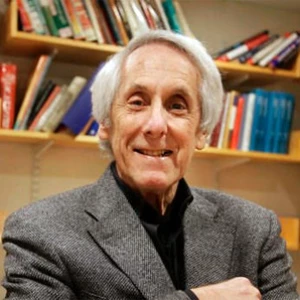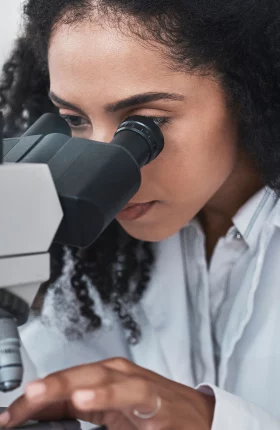The global fight against malaria has made historic progress over the past decade. But now the emergence in Southeast Asia of malarial parasites resistant to artemisinin—the current gold-standard drug for treating the disease—poses grave new challenges. While many affected countries in the region are taking swift countermeasures, the situation remains serious in Burma.
The first confirmed cases of artemisinin resistance were found along the Thai-Cambodia border in 2006. Last month, a new study , conducted by a team headed by Dr. François Nosten of the Shoklo Malaria Research Unit , confirmed the presence of artemisinin resistance along the Thai-Burmese border, and resistance is now suspected in Vietnam as well. One concern is that migrant populations that lack access to quality health services may carry resistant parasites to distant locales.
The global health community is in a race against time to contain the spread of artemisinin resistance. No other antimalaria drug offers anything like artemisinin’s potency, rapid action, safety, and tolerability—and no substitute is expected to be available for at least five years.
Burma is key to successful containment efforts because it is a chokepoint of sorts. Based on experience with other drugs against which the disease has developed resistance, there is reason for concern that resistant parasites could spread from Burma and other Mekong countries into India and Africa, where transmission rates are higher and the disease even deadlier.
While the threat to India and Africa isn’t imminent, the situation in Burma requires an immediate response. As the World Health Organization (WHO) stated last year , when artemisinin resistance was suspected (but not yet confirmed) along the Thai-Burmese border, “Much progress has been made in Cambodia and Thailand, but the efforts will be fruitless if the situation in Burma is not handled with the same determination…The emergence of artemisinin resistance in [Burma] has magnified and complicated the containment challenge.” The WHO is working closely with the Mekong countries to implement a containment strategy.
Last year, the WHO developed a Global Plan for Artemisinin Resistance Containment with strategic support from The Boston Consulting Group. The plan calls for an intensive array of prevention tactics and treatments to be used in infected areas, and additional rings of protection to keep the resistance isolated.
Fortunately, the dramatic political reforms currently underway in Burma have come just in time to make the WHO plan possible. Increasingly, health workers are being granted access to remote regions of Burma that previously were restricted.
But Burma is still a particularly challenging country in which to work. There is a large at-risk population, including a population of migrants that’s difficult to reach. There are also insufficient resources, such as insecticide-treated bed nets, in high-risk areas.
On top of these problems, the most commonly used antimalarial drug in Burma is artemisinin monotherapy, which relies on artemisinin alone without the added benefit of a companion drug. The widespread use of monotherapy is believed to be an important driver in the emergence of resistance.
In 2006, the WHO issued a policy strongly recommending that artemisinin always be used in combination with a second antimalaria drug to guard against resistance. The concept of “artemisinin combination therapy” (ACT) is based on the simultaneous use of two drugs. The idea is that if a mutation occurs in a malarial parasite enabling it to resist attack by artemisinin, the second drug will save the day by wiping out the mutant parasite before it can replicate. The odds are low that the parasite would become resistant to two drugs in the same organism at the same time.
Despite the importance of the two-drug approach, more than 80 percent of malaria cases in Burma are treated with monotherapy, in part because ACTs remain expensive and scarce in the private sector. The problem is exacerbated by the pervasiveness of counterfeit and substandard drugs.
The Burmese government is in the process of reviewing registered medicines and instituting a ban on the sale of oral monotherapies. However, the ban is unlikely to work until there is a massive scale-up in the availability of the approved ACTs throughout the country at sharply reduced prices, and new policies are put in place to generate strong consumer demand for quality ACTs.
One program addressing this problem—coordinated by the WHO and supported by funds from the British government and the Bill & Melinda Gates Foundation—is providing a large financial subsidy to a small number of distributors who control the bulk of Burma’s wholesale market for antimalarial drugs. The key unknown is how much of the savings for ACTs will be passed on to consumers, especially in remote communities.
Despite the importance of the effort to contain artemisinin resistance, funding is in short supply. The WHO estimates that an additional package of $370 million is needed to strengthen current malaria-control efforts and contain artemisinin-resistant strains of the parasite in the Greater Mekong region over the next five years.
Now is the time to fill that funding gap and launch a frontal assault on the spread of drug-resistant strains. Otherwise the progress made against malaria could be lost.
Reprinted from The Wall Street Journal Asia © 2012 Dow Jones & Company, Inc. All rights reserved.







